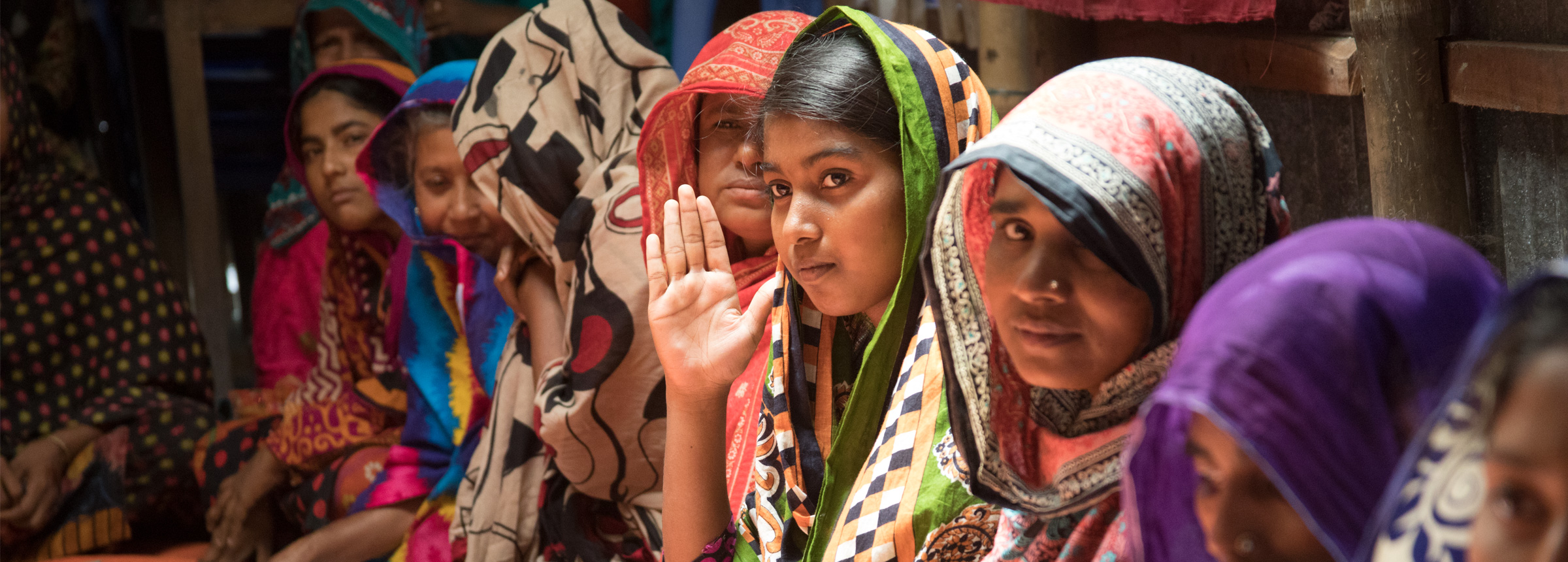Projects
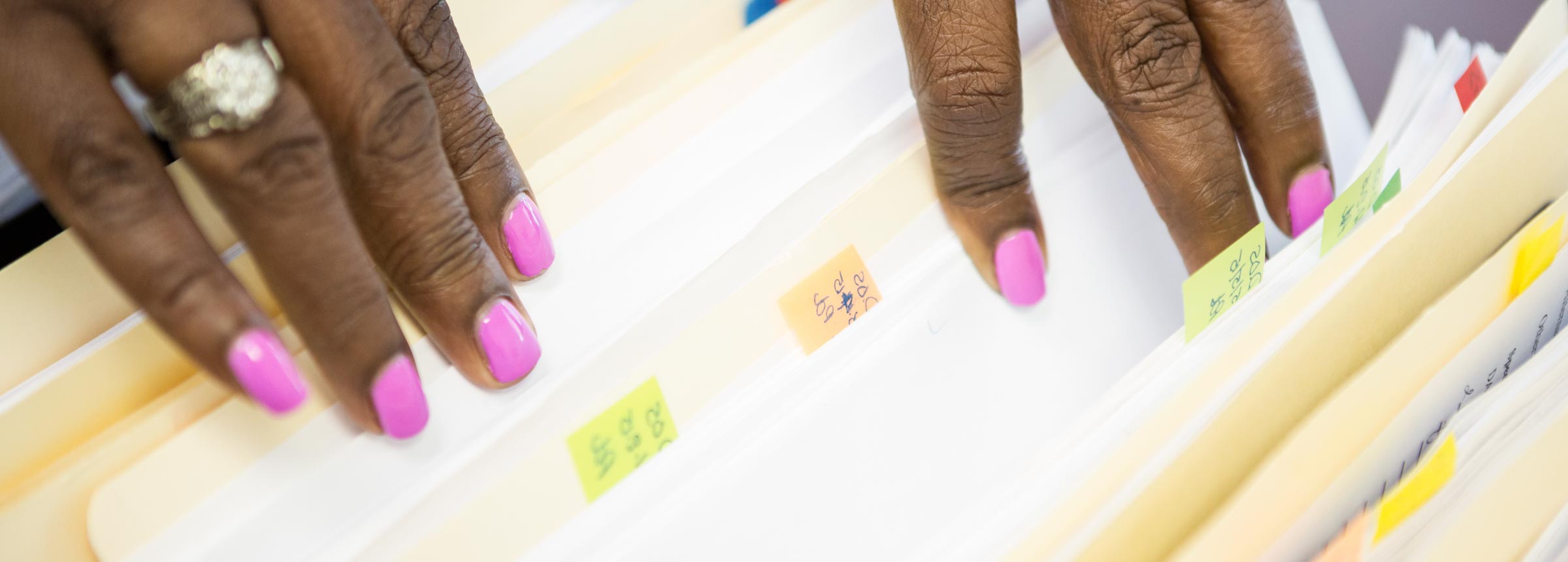
Job-Driven National Emergency Grant
Skills retraining is essential to sustainable employment for dislocated and long-term unemployed workers. The Job-Driven National Emergency Grant is a collaborative partnership that helps disadvantaged Arkansans gain the skills and referrals they need to land positions in high-growth industries like medical billing and coding. Winrock case managers based at the University of Arkansas at Fort…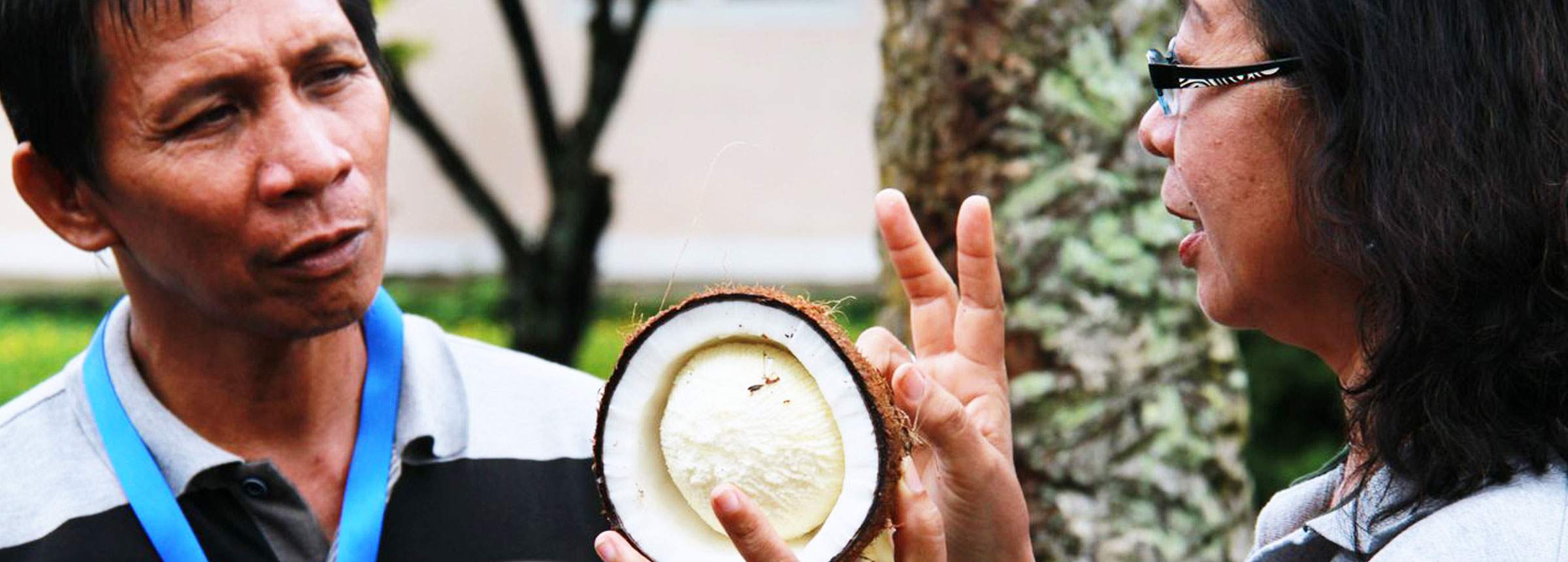
Smallholder Coconut Farmer Empowerment Project 2
The cultivation of coconuts, especially for use in coconut oil, has been an important source of income for Indonesia’s small farmers. Yet a host of factors — including a failure to replace old trees with new seedlings and a lack of effective pest management — has led to reduced production in the country’s South Minahasa…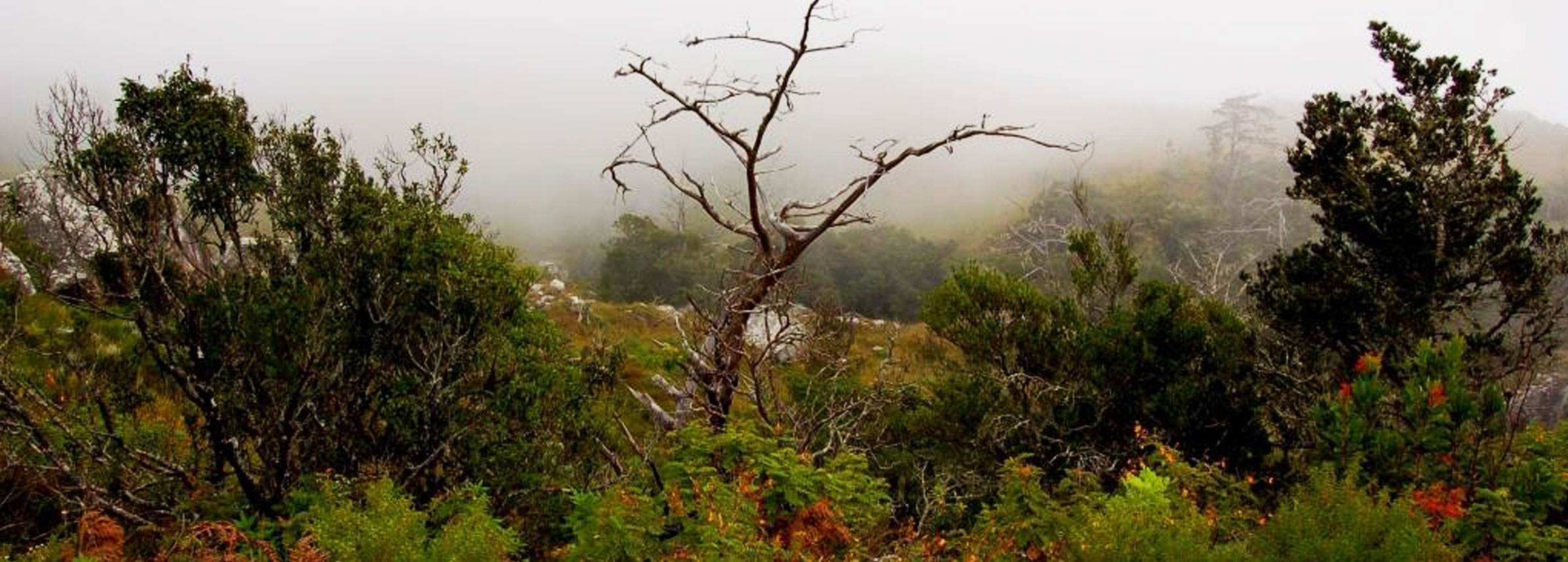
Malawi PERFORM
Malawi’s forestland is disappearing. To counteract that trend, the USAID/Malawi-funded Protecting Ecosystems and Restoring Forests in Malawi (PERFORM) project seeks to encourage improved land management practices. As a subcontractor to Tetra Tech, Winrock is providing technical assistance to the Government of Malawi’s Environmental Affairs Department to create and implement its National Greenhouse Gas Inventory System. […]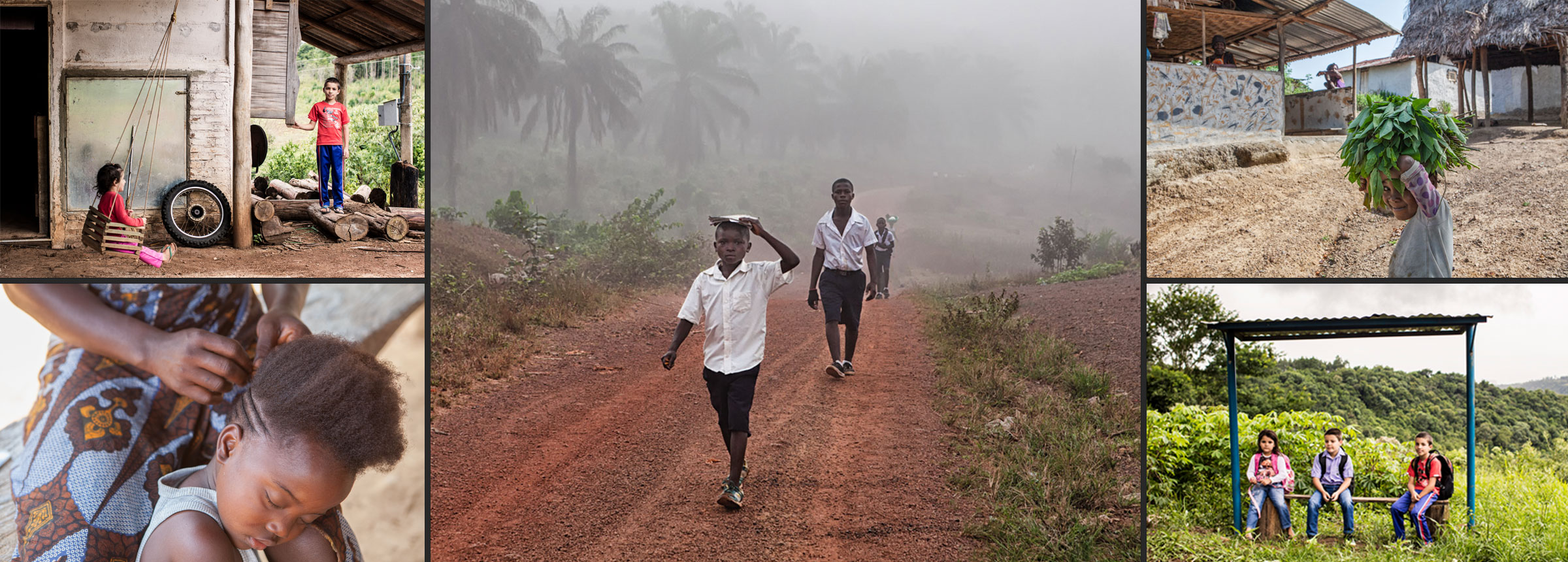
CLEAR II
Heightened awareness of the many ills caused by child labor has led to a global decrease in its incidence. Nevertheless, estimates are that 168 million children worldwide are still engaged in child labor. This program develops the capacity of interested governments to create and implement policies that result in a meaningful reduction of child labor.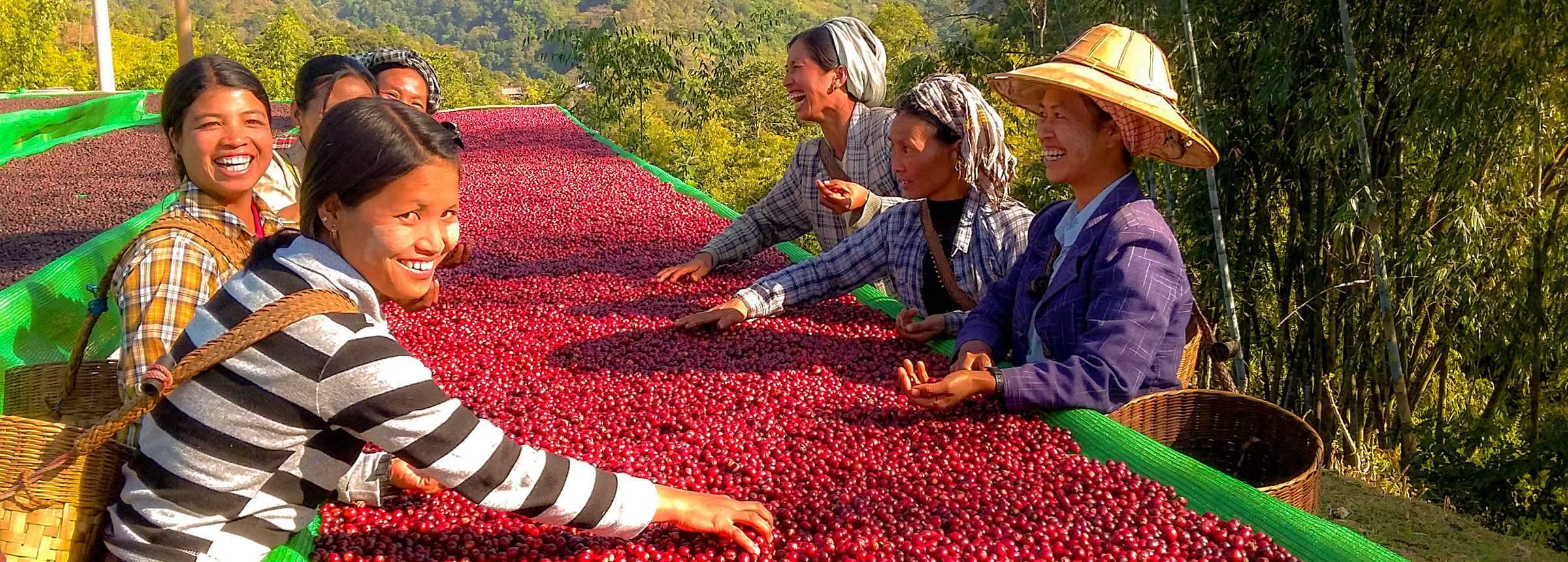
Value Chains for Rural Development in Burma (VC-RD)
Increasing the productivity and profitability of smallholders in Burma has the potential to substantially improve food security and livelihoods in poor, rural communities. USAID’s Value Chains for Rural Development project uses an inclusive, market systems approach to support smallholder producers, farmer groups, agribusinesses and community organizations in the coffee, soybean, ginger, sesame and melon value…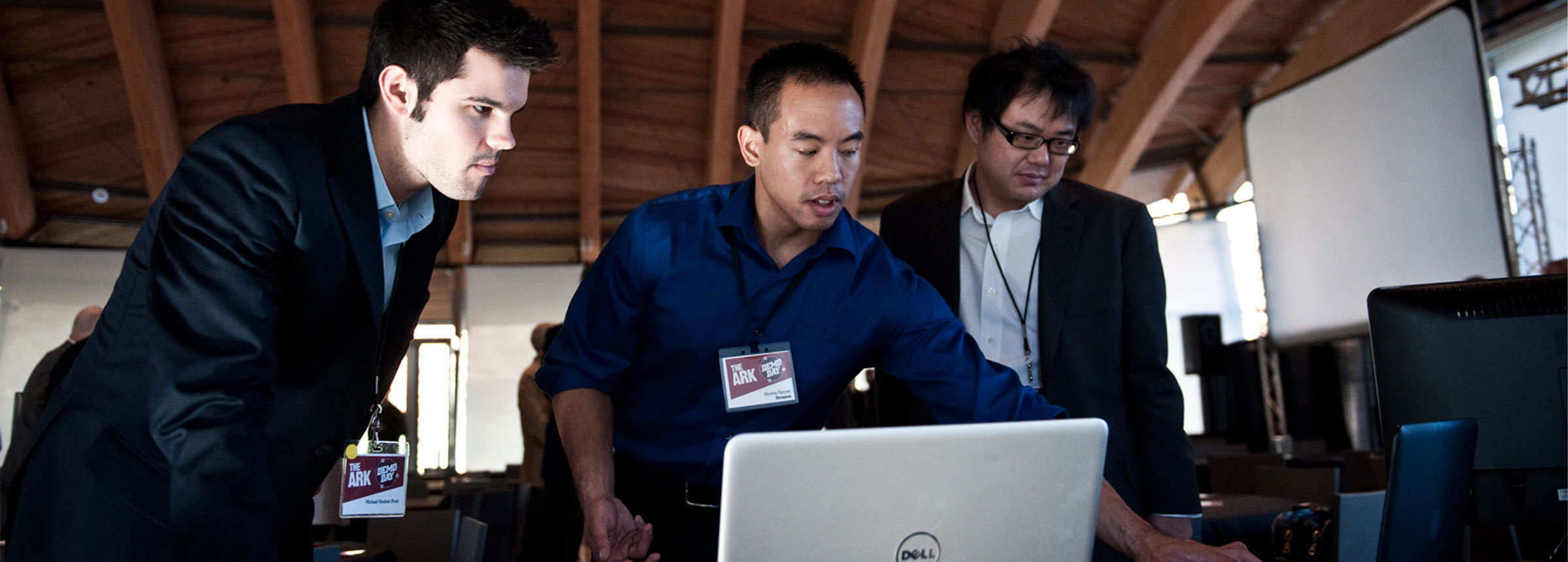
NWA Venture Team
As the home base for Walmart and Tyson Foods, Northwest Arkansas has done a remarkable job attracting and retaining large corporations. But creating an environment that lures innovative technology entrepreneurs and the high-paying jobs they create requires something a bit different. Building on the success of Innovate Arkansas, the NWA Venture team, in partnership with…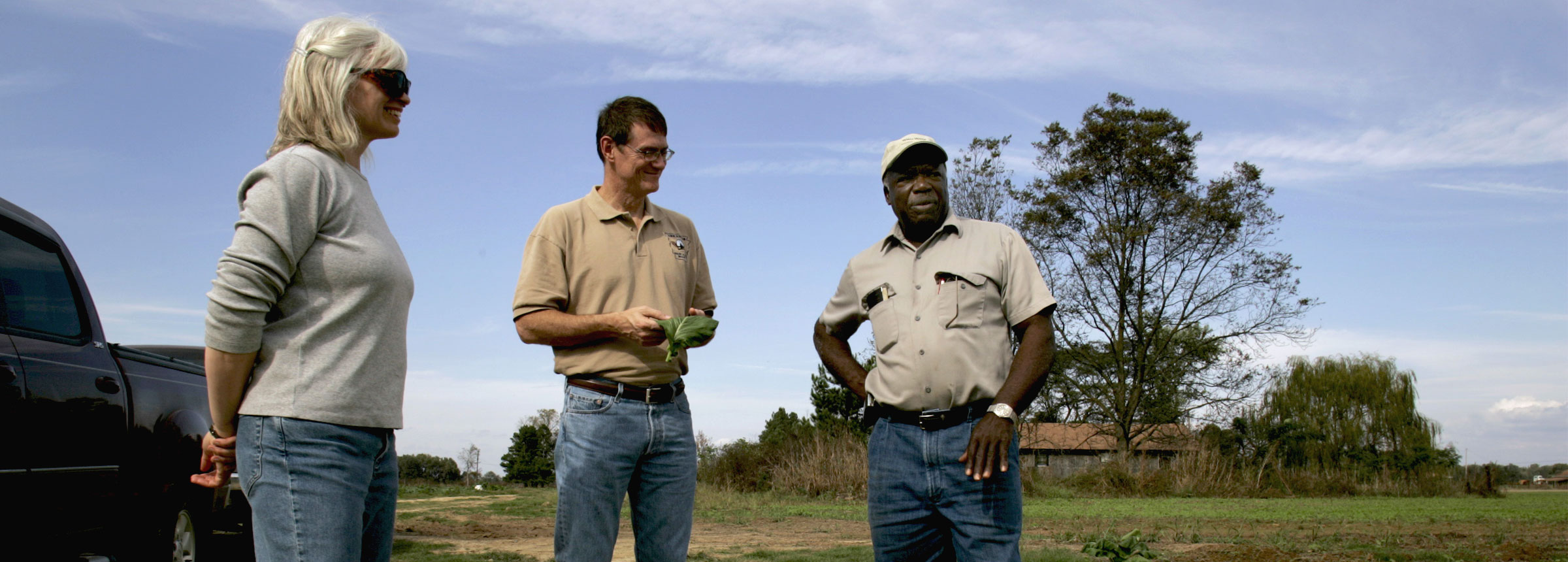
Farmers Market Promotion Program 2014
The availability of fresh and healthy local food often depends on the success of farmers markets. For markets to reach their potential individual vendors and market organizers need training and financial resources to boost sales and awareness. This program provides new and emerging farmers markets in Arkansas with instruction on topics ranging from fundraising to…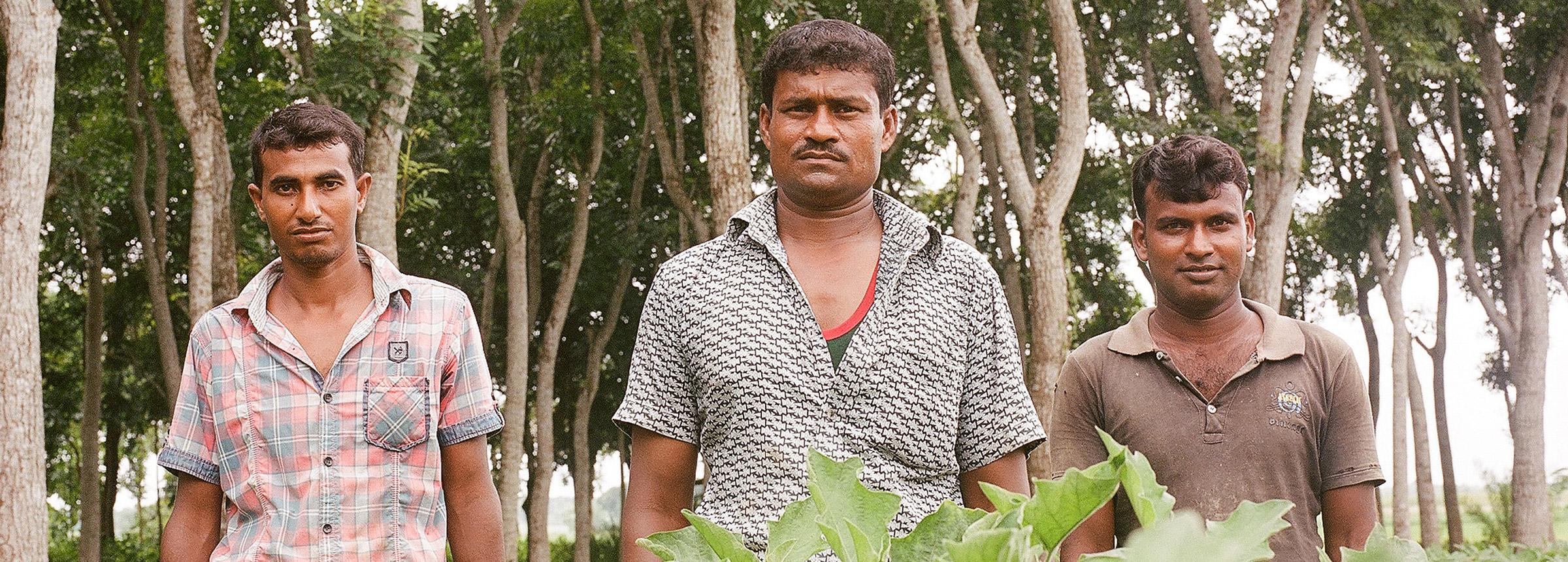
Bangladesh Counter Trafficking-in-Persons Project (BC/TIP)
BC/TIP’s main objective was to reduce human trafficking and child marriage in Bangladesh in order to achieve improved protection of civil and human rights in six interrelated areas: To achieve this, BC/TIP connected local and national government representatives, non-governmental organizations, the business community, community leaders, and citizens. The project prioritized the sustainability of CTIP efforts […]
Enhancing Capacity to Reduce GHG Emissions from Peatlands and Palm Oil Production within a Jurisdictional Framework
The demand for palm oil has provided vital economic opportunities to many Indonesians. At the same time, the conversion of forests and drainage of peatland to create palm oil plantations is a leading source of Indonesia’s greenhouse gas emissions. Winrock has designed two scalable and replicable pilot projects that demonstrate the feasibility of improving the […]